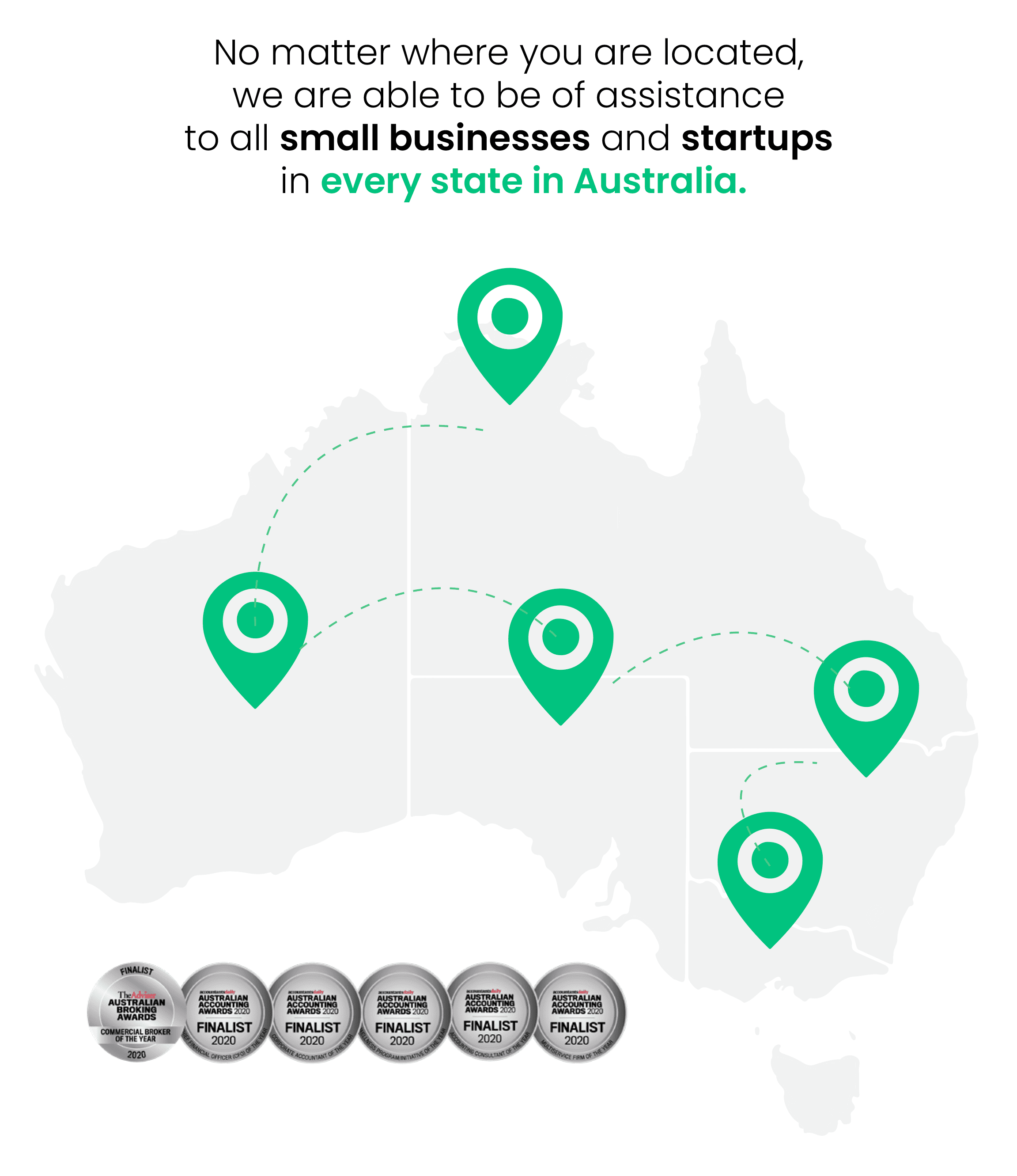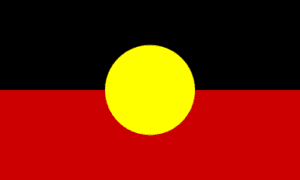Advantages
- Simple to set up and operate.
- You retain complete control of your assets and business decisions.
- Fewer reporting requirements.
- Any losses incurred by your business activities may be offset against other income, such as your investment income or wages (subject to certain conditions).
- Allows you to use your individual tax file number (TFN) to lodge tax returns.
- You are not considered an employee of your own business and therefore don’t pay payroll tax, superannuation or workers’ compensation on income you draw from the business.
- Relatively easy to change business structure if your business grows or if you wish to wind things up.
Disadvantages
- Unlimited liability which means all your personal assets are at risk if things go wrong.
- Little opportunity for tax planning – you can’t split business profits or losses with family members and you are personally liable to pay tax on all the income from the business.
Other factors to consider
Business name
You don’t have to register a business name if you use your own name. If you choose not to use your own name you will need to register a business name with the Australian Securities and Investments Commission.
You will need to get an Australian Business Number (ABN) before applying to register a business name. It is free to apply online for an ABN with the Australian Business Register.
TIP: Before choosing a business name check its availability as a trademark, business name and domain name (your website address). If the name is already registered by someone else as a trademark in Australia, in a class relevant to your business you’d be wise to choose another name. If you register the name as a trademark in relevant classes, this may give you exclusive rights to that name in those classes. Registering only as a business name, company name or domain name doesn’t give you the same type of exclusive rights
Tax requirements
Sole traders are taxed as individuals and pay income tax at personal rates.
You will need to register your business for goods and services tax (GST) if your annual turnover is expected to be more than $75,000.
For more information regarding tax obligations for sole traders visit the ATO website.
Insurance
A sole trader is responsible for the liabilities of the business. Liability is unlimited and includes all personal assets, including any assets jointly-owned with another person, such as a house.
You are also not covered by workers’ compensation should you injure yourself at work. This may result in a loss of income if you cannot work and you may still be required to pay any expenses for your business, such as loan repayments.

























